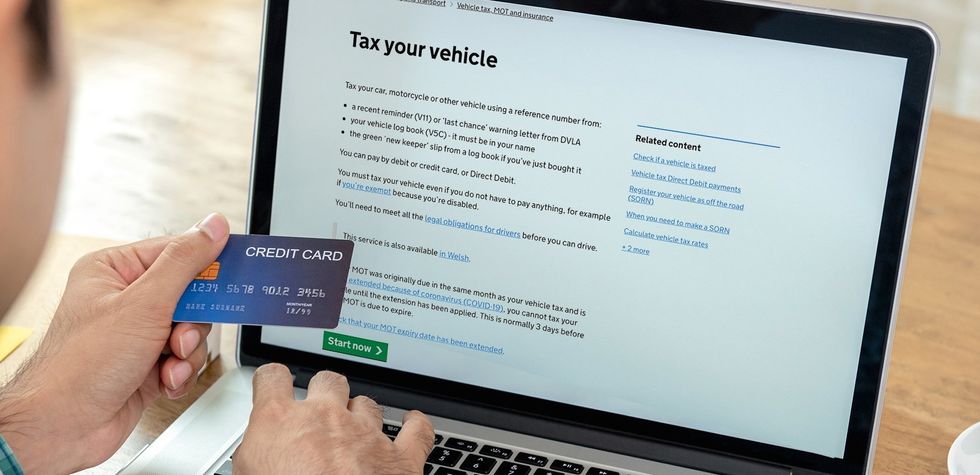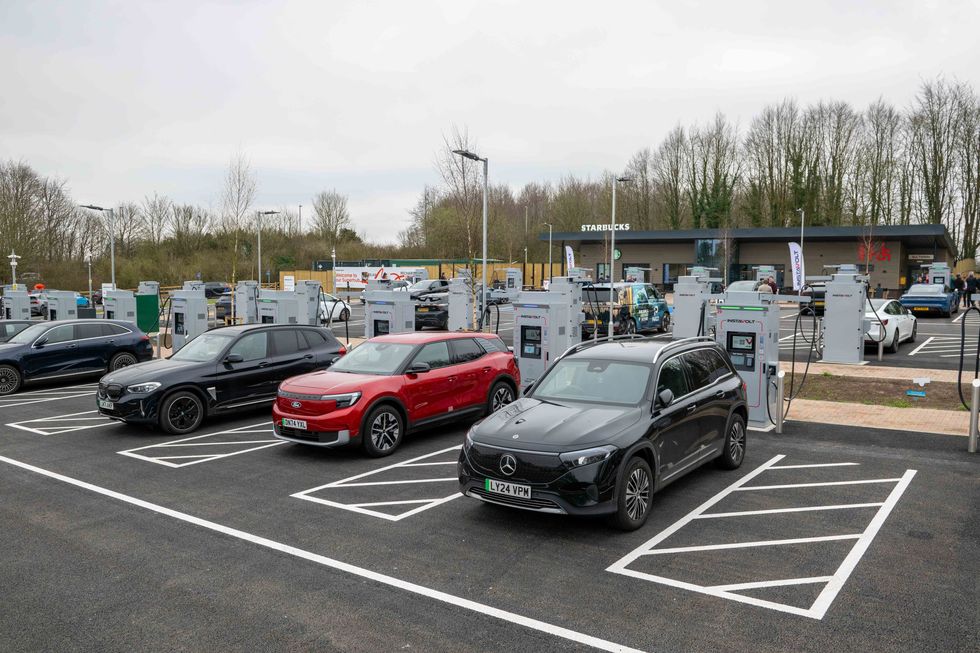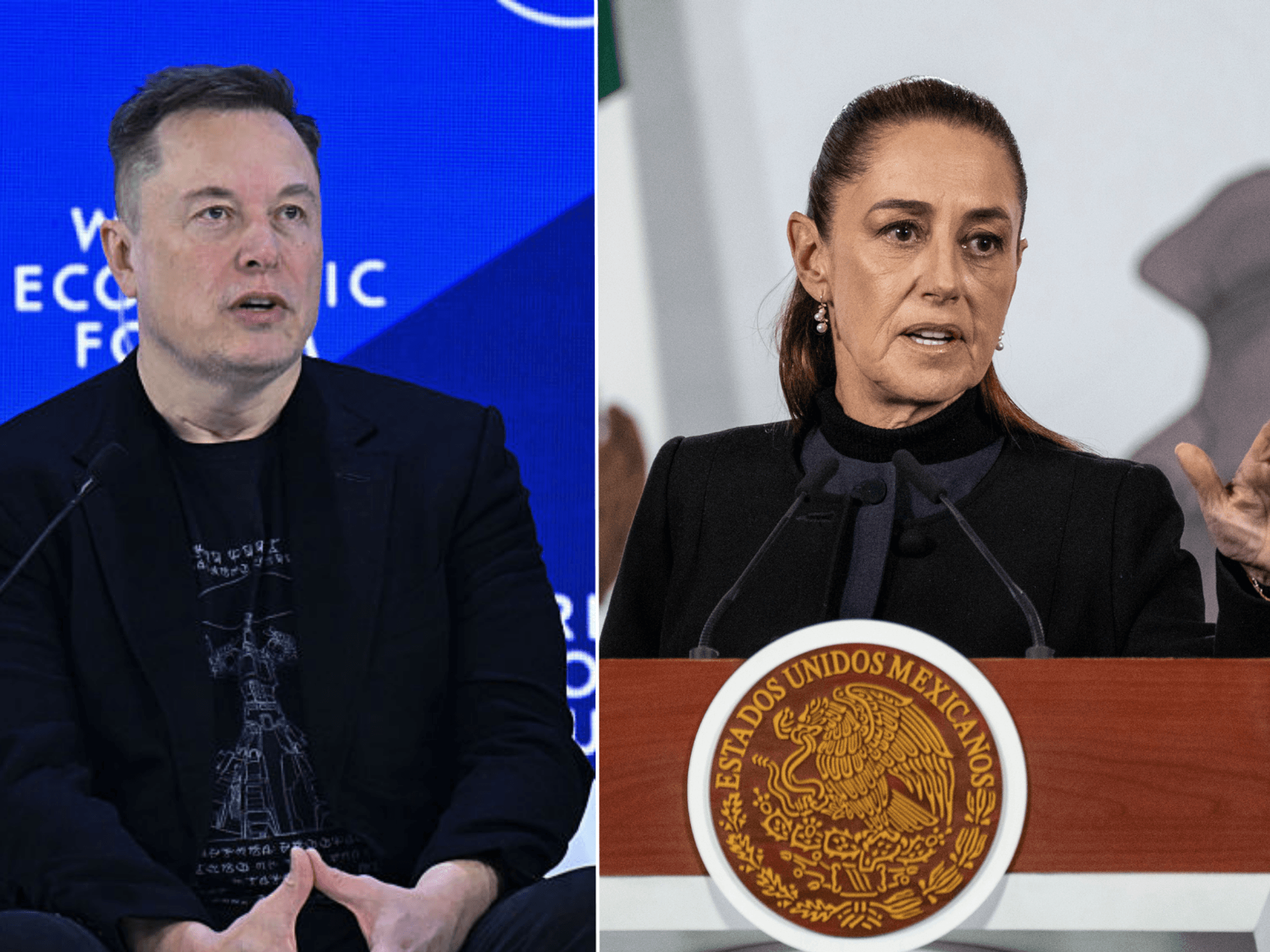Pay-per-mile car tax changes gain support as Britons back extra charges for electric vehicle owners

Road pricing rules could be introduced to address the revenue lost from fuel duty receipts falling
Don't Miss
Most Read
More than two-thirds of motorists believe all drivers should be required to pay car tax, no matter what kind of vehicle they drive following tax changes in April.
New research has found that 69 per cent of UK drivers think it is far for electric car owners to pay Vehicle Excise Duty (VED).
This represents a huge change in attitude compared to 2022, when just 18 per cent of survey respondents agreed that EV drivers should pay car tax.
On April 1, 2025, laws were changed that now require owners of electric cars to pay VED after former Conservative Chancellor Jeremy Hunt called for the system of motoring taxation to be made fairer.
Do you have a story you'd like to share? Get in touch by emailing motoring@gbnews.uk

New car tax changes were introduced in April
| X/DVLAAny electric, zero or low emission cars registered on or after April 1, 2025, need to pay the lowest first year rate of vehicle tax, which is currently set at £10.
From the second tax payment onwards, they will pay the standard rate of £195. This is already paid by EVs registered between April 1, 2017 and March 31, 2025.
Any zero emission vehicles that were registered between March 1, 2001, and March 31, 2017, pay a tax rate of just £20.
Almost three in 10 motorists believe that all electric vehicle owners should pay the standard rate from the first year of ownership.
Simon Staton, client management director at Venson Automotive Solutions, said: "Strong public support for taxing EVs rubberstamps the sentiments of UK motorists, who clearly feel it’s only fair EV drivers contribute their share financially to improving our roads just like those driving ICE vehicles.
"However, this level-headedness from UK drivers offers little comfort for the many businesses now facing an additional £620pa tax bill on many fleet EVs."
Electric vehicles are also required to pay the Expensive Car Supplement if it has a list price of more than £40,000, which was previously only paid by petrol and diesel car owners.
The £425 annual charge is paid for five years after the first year of registration, despite calls from experts to amend the thresholds for electric cars to incentivise uptake.
LATEST DEVELOPMENTS:
Almost half of motorists (48 per cent) who took part in the survey believe that it is fair for electric vehicle owners to pay the Expensive Car Supplement, despite EVs naturally being more expensive than equivalent petrol and diesel models.
Three in five said they were in favour of electric vehicle owners paying the same amount of road tax as the rate applied to petrol and diesel models.
Around 10 per cent of drivers are also in favour of introducing road pricing, including a pay-per-mile charging model.
This has been touted as the most suitable solution to replacing the billions of pounds in revenue lost through fuel duty as drivers ditch petrol and diesel vehicles.

Electric vehicle owners have been required to pay car tax since the start of April
| PAThis would see motorists pay a flat rate every time they drive, with certain people, like professional drivers and those who live in rural areas, given a certain amount of "free miles".
Suggestions for a pay-per-mile scheme include collecting data during an annual MOT (16 per cent support), telematics included in the vehicle (15 per cent) and a specific "business usage" charge for company car and van drivers (nine per cent).
Staton added: "Whilst fleets have driven much of the EV transition to date, businesses are now having to grapple with these cost increases and their impact on whole-life fleet costs. This could, in turn, force fleets to reassess their fleet strategies. If Government wants to maintain the upward trajectory of EV sales it needs to look after fleet.
"Indeed, it was welcome news to hear rumour that the Government may consider raising the Expensive Car Supplement threshold at a future fiscal event, which could help bring these costs down. In the meantime, however, businesses may well pause for thought before growing their EV fleet."










